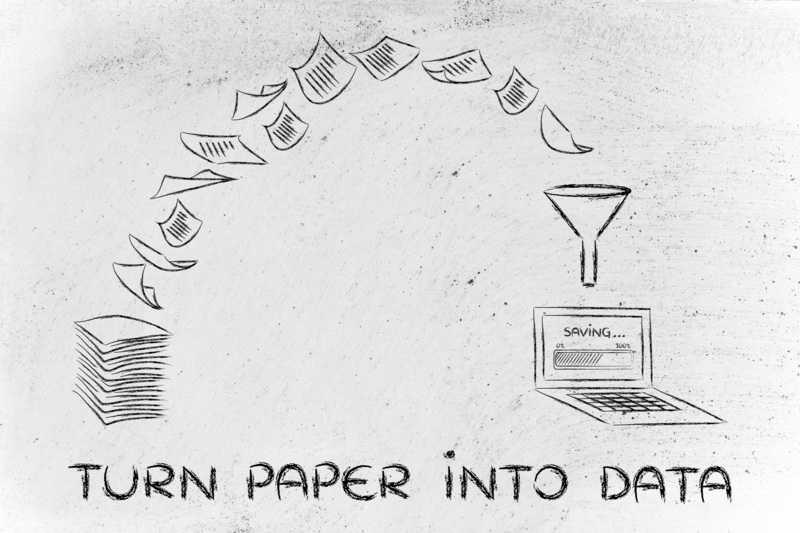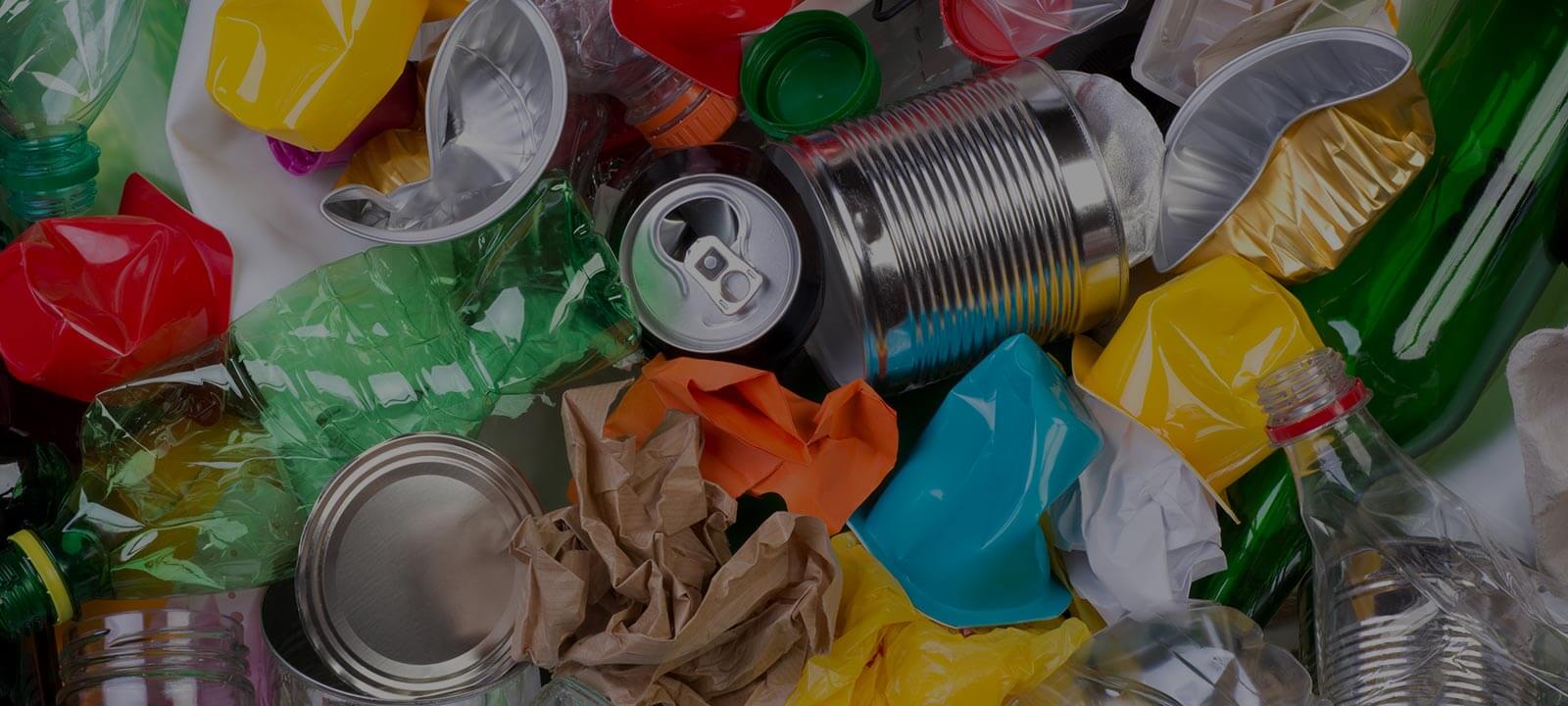The Basics of Waste Composting
Posted on 01/10/2025
The Basics of Waste Composting
What is Waste Composting?
Waste composting is the natural process of recycling organic material, such as food scraps and yard waste, into a rich, soil-like substance called compost. Composting accelerates the decomposition of organic waste, turning it into valuable fertilizer for gardens and landscapes.

Why Compost?
Composting reduces the amount of waste sent to landfills and incinerators, lowers greenhouse gas emissions, and improves soil health. By recycling organic waste, you can actively contribute to environmental sustainability.
Components of Composting
Successful composting involves balancing three main components:
1. **Browns:** These are carbon-rich materials such as dry leaves, branches, and cardboard.
2. **Greens:** These are nitrogen-rich materials like fruit and vegetable scraps, grass clippings, and coffee grounds.
3. **Water:** Moisture is crucial for the composting process as it helps break down the organic material.
Steps to Start Composting
1. **Select a Compost Bin:** Choose a compost bin or create a compost pile in a designated area.
2. **Layer Materials:** Alternate layers of browns and greens. Add water to keep the pile moist but not waterlogged.
3. **Turn the Pile:** Regularly turn the compost pile with a shovel or compost turner to aerate it.
4. **Monitor the Conditions:** Ensure the compost stays moist and aerated. Over time, the compost will decompose and become dark, crumbly soil.
What Can Be Composted?
You can compost a variety of household and yard items:
- Fruit and vegetable scraps
- Coffee grounds and filters
- Eggshells
- Grass clippings
- Newspaper and cardboard (shredded)
- Leaves and small branches
What Should Not Be Composted?
Avoid adding these materials to your compost:
- Meat and dairy products
- Greasy or oily food
- Pet waste
- Diseased plants
- Synthetic chemicals or pesticides
Pros and Cons of Composting
Pros:
- Reduces landfill waste
- Decreases greenhouse gas emissions
- Enriches soil fertility
- Reduces the need for chemical fertilizers
Cons:
- Requires manual labor and regular maintenance
- May attract pests if not properly managed
- Takes time for organic material to fully decompose
Tips for Successful Composting
- **Balance Greens and Browns:** Ensure a good mix of carbon and nitrogen-rich materials for efficient decomposition.
- **Keep It Moist:** Maintain the right moisture level. It should be as damp as a wrung-out sponge.
- **Chop Materials:** Smaller pieces decompose faster, so chop or shred larger items before adding them to your compost.
- **Avoid Problem Materials:** Do not compost items that can cause odors or attract pests.

Takeaways
- **Environmental Impact:** Composting helps reduce your carbon footprint and promotes a sustainable lifestyle.
- **Soil Health:** It enriches your garden soil with essential nutrients, improving plant health and growth.
- **Waste Reduction:** Composting significantly reduces the volume of waste that ends up in landfills.
Conclusion
Composting is an effective and environmentally friendly way to recycle organic waste. By understanding the basic principles and maintaining a balanced compost pile, you can convert waste into valuable compost that enriches the soil and promotes sustainable gardening. With a little effort, anyone can start composting and contribute to a healthier planet.
Latest Posts
Alternatives to Common Plastic Items
Recycling Strategies for Non-Compostable Garden Materials






